The British government is preparing to introduce stricter regulations on antibiotic use in poultry farming following alarming revelations about supermarket chicken containing antibiotic-resistant bacteria. This move comes amid growing concerns from public health experts who warn that overuse of these drugs in agriculture could render vital medicines ineffective for human treatment.
Investigative reports from several media outlets and scientific studies have found troubling evidence of antibiotic residues and resistant superbugs in chicken products sold across major UK supermarket chains. The findings have sparked outrage among consumer groups and prompted urgent calls for policy reform in the nation's £4 billion poultry industry.
Public Health England recently released data showing that approximately 40% of E. coli infections in humans now resist at least one major antibiotic, with many experts pointing to agricultural use as a significant contributor to this dangerous trend. The livestock sector accounts for nearly 45% of all antibiotics used in the UK, with poultry farming being particularly dependent on these drugs for disease prevention in crowded factory farm conditions.
The proposed regulations would ban all routine antibiotic use in healthy animals and require farmers to obtain veterinary prescriptions for any medicinal application. Environment Secretary George Eustice emphasized that the new rules aim to preserve the effectiveness of antibiotics while ensuring animal welfare standards. "We cannot allow the miracle of modern medicine to be undone by irresponsible practices in our food supply chain," he stated during a recent parliamentary session.
Industry representatives have expressed mixed reactions to the proposed changes. The British Poultry Council claims its members have already reduced antibiotic use by 82% since 2012 through voluntary measures. However, campaigners argue these reductions haven't gone far enough, noting that certain critically important antibiotics for human health continue to be used routinely in chicken production.
Supermarkets find themselves caught in the crossfire of this debate. While most major chains have antibiotic reduction policies, enforcement remains inconsistent. Tesco and Waitrose currently lead the sector with the strictest supplier requirements, while discount chains face criticism for lagging behind on this critical public health issue.
Microbiologists warn that resistant bacteria developing in chickens can easily transfer to humans through multiple pathways: undercooked meat handling, environmental contamination from farm runoff, or even through workers who carry the microbes between facilities. A 2019 study found supermarket chicken samples containing bacteria resistant to antibiotics classified as "highest priority critically important" by the World Health Organization.
The economic implications of the proposed regulations have sparked intense debate. Farmers argue that stricter rules could raise production costs by 15-20%, potentially increasing consumer prices. However, health economists counter that antibiotic resistance already costs the NHS £180 million annually in extended hospital stays and more expensive treatments, with projections suggesting these costs could balloon to £10 billion by 2050 without intervention.
Veterinary professionals have emerged as key players in the policy discussion. The Royal College of Veterinary Surgeons supports the proposed changes but emphasizes the need for additional resources to help farmers transition to alternative disease prevention methods. These include improved barn hygiene, slower-growing chicken breeds that develop stronger immune systems, and advanced vaccination programs.
Consumer awareness appears to be growing, with recent surveys showing 68% of British shoppers would pay more for antibiotic-free chicken. However, food labeling remains confusing, as multiple certification schemes use different standards for what qualifies as "responsible use" of these crucial medicines.
The European Union implemented similar restrictions on agricultural antibiotics in 2022, providing Britain with a potential model for regulation. However, Brexit complications have delayed UK action, with some critics accusing the government of dragging its feet to protect domestic producers facing multiple economic pressures.
Environmental groups have seized on the antibiotic issue to highlight broader concerns about intensive farming practices. They argue that overcrowded conditions fundamentally require pharmaceutical intervention to prevent disease outbreaks, creating a vicious cycle of dependency. These organizations advocate for more radical reforms to reduce Britain's poultry stocking densities to Scandinavian levels.
As the consultation period for the new regulations begins, all stakeholders agree that preserving antibiotic effectiveness ranks among the most pressing public health challenges of our time. The coming months will reveal whether Britain can strike the delicate balance between food affordability, animal welfare, and protecting these life-saving medicines for future generations.
The final policy is expected to include phased implementation targets, financial support for farmers transitioning to lower antibiotic systems, and enhanced surveillance programs to track resistance patterns. Health officials stress that without meaningful global action, routine medical procedures from hip replacements to chemotherapy could become prohibitively dangerous in a post-antibiotic era.
With supermarket chicken occupying center plate in British diets—the average citizen consumes about 25kg annually—the outcome of this regulatory battle will have profound implications for the nation's health, agriculture, and food security in the decades ahead.
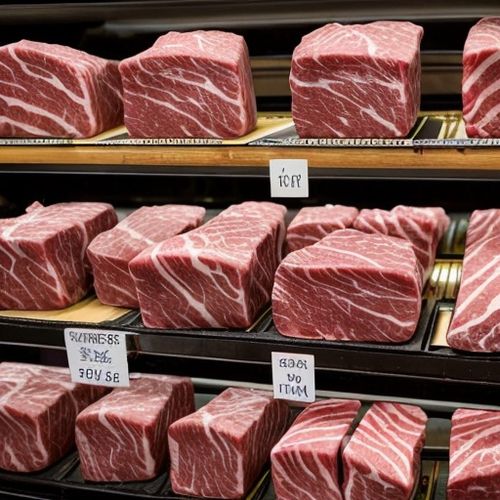
By Lily Simpson/Apr 10, 2025

By Victoria Gonzalez/Apr 10, 2025

By Emily Johnson/Apr 10, 2025

By Megan Clark/Apr 10, 2025
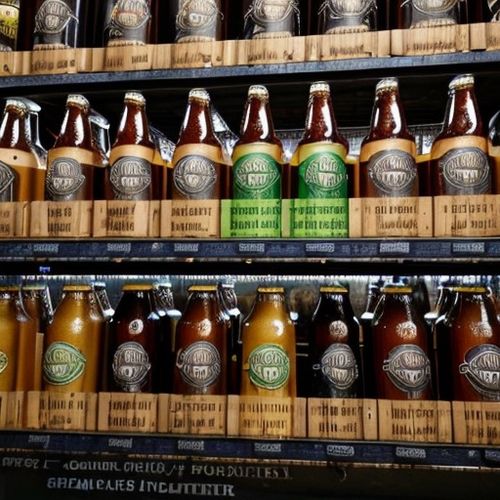
By Amanda Phillips/Apr 10, 2025
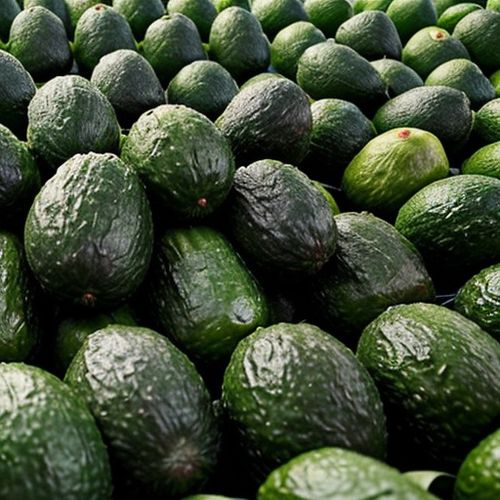
By James Moore/Apr 10, 2025
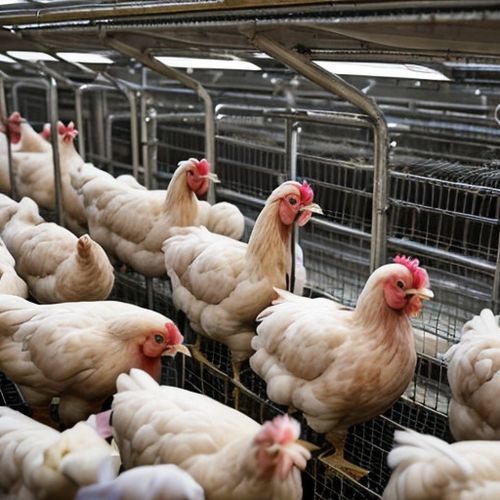
By Noah Bell/Apr 10, 2025

By Eric Ward/Apr 10, 2025
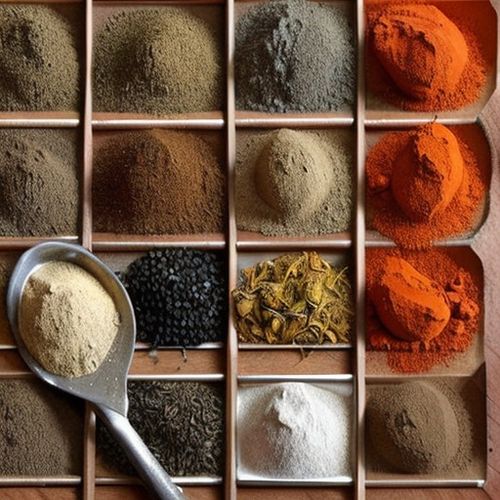
By Megan Clark/Apr 10, 2025
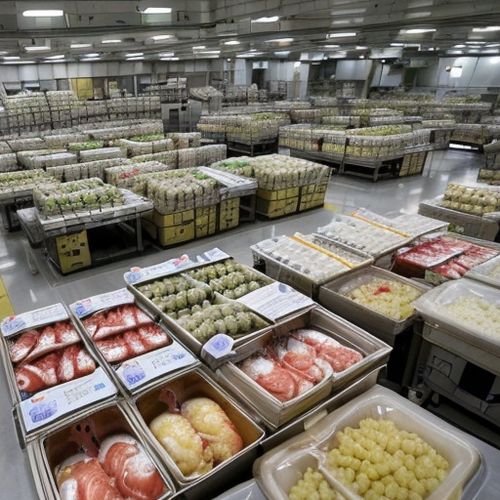
By Natalie Campbell/Apr 10, 2025
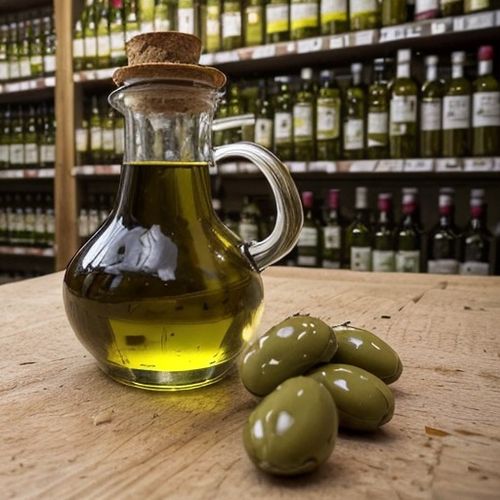
By Amanda Phillips/Apr 10, 2025
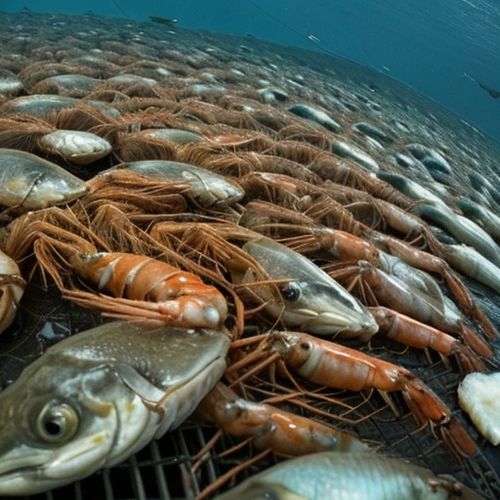
By Michael Brown/Apr 10, 2025

By Elizabeth Taylor/Apr 10, 2025
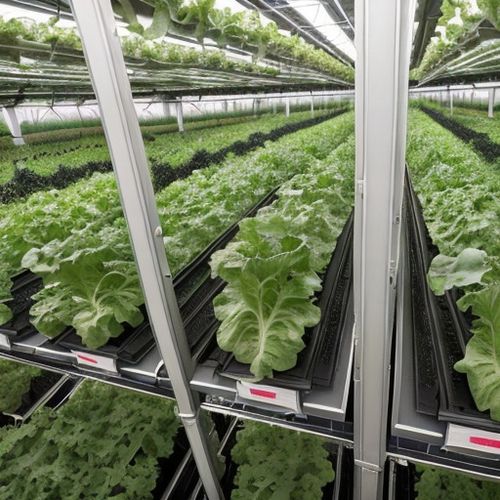
By Emma Thompson/Apr 10, 2025
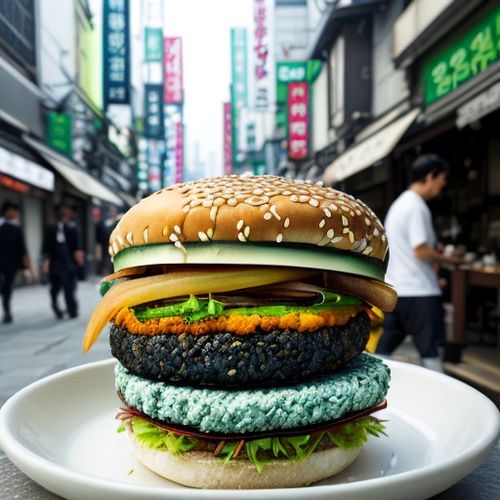
By Natalie Campbell/Apr 10, 2025

By Eric Ward/Apr 10, 2025

By Sophia Lewis/Apr 10, 2025